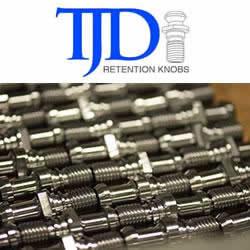77% of Germans Want Robots in the Workplace – automatica Trend Report 2025
These are the findings of the 2025 automatica Trend Index. It is based on interviews with a total of 5,000 employees from five countries.
The vast majority of employees in Germany believe that robot deployment in factories will ensure the country's competitiveness. Three out of four are convinced that robotics can help alleviate the effects of skills shortages. Around 80 percent would like robots to take on dangerous, unhealthy, or repetitive tasks. These are the findings of the 2025 automatica Trend Index. It is based on interviews with a total of 5,000 employees from five countries.
Improving the competitive positioning is among the most pressing tasks of the new federal government. And the industry is at the center of this effort. It is alarming that the robot density in Chinese manufacturing environments is now greater than in Germany. China has doubled its number of robots per factory worker within four years (2019-2023). According to the International Federation of Robotics (IFR), China, with its 470 units per 10,000 employees, advanced to second place worldwide in 2023. Germany is down to fourth place with 429 units and Japan comes in fifth with 419 units.
Dirty, monotonous, dangerous jobs
According to the survey, around three out of four respondents in Germany feel that robots can help improve competitive positioning and keep industrial production in their own country. The Trend Index found that respondent approval is even stronger in China: Around 80 percent of them see the positive effects for domestic industries. In contrast to that, it is only two out of three in the US.
Lack of specialists
The lack of specialists is a key driver of automation adoption. 75 percent of respondents feel that robotics can provide solutions in this context. The automatica Trend Index produced particularly high approval figures when respondents were asked whether robotics and automation would improve the future of work: A vast majority wants to hand over dirty, monotonous, and dangerous tasks in factories to robots. 85 percent are convinced that robots lower the risk of sustaining injuries when performing dangerous work. And 84 percent consider robots a key solution for handling hazardous materials. Finally, 70 percent of respondents expect that robots will enable elderly professionals to postpone their retirement.
About automatica
https://automatica-munich.com/en/
Featured Product

